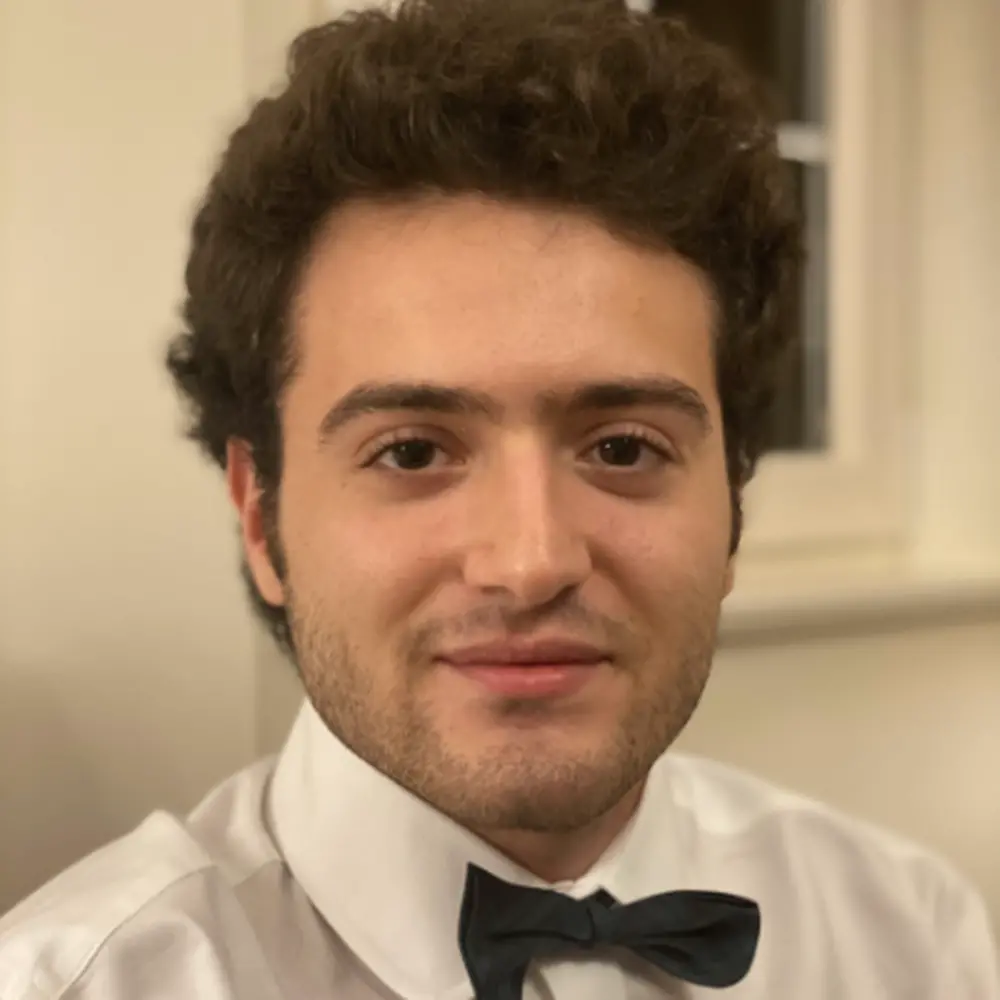
Ege Gungor Onal received his B.S. in Bioengineering with the highest honors from the University of Illinois at Urbana Champaign. As a Cancer Scholar and the co-founder of the Cancer Center at Illinois Student Organization (CCIL-SO), he has been actively conducting research since his first year. Starting in Professor Brian T. Cunningham’s laboratory on liquid biopsy cancer diagnostics, he has interned at Koc University’s Brain Cancer Research Lab and participated in the Mayo Clinic Summer Undergraduate Research Fellowship (SURF) program. During his junior year, he pursued a Sociology research project under Brain F. O’Neill’s mentorship to synthesize evidence on COVID-19’s psychological and sociological impacts. After completing his senior thesis in Professor Andrew M. Smith’s laboratory, he is currently taking a gap year at MIT to work in Professor Robert S. Langer’s laboratory to develop a tumor-selective nanotherapy for solid tumors. He plans to pursue M.D./Ph.D. training to find new solutions to treat cancer and alleviate the psychological and social suffering accompanying this disease. Click here to access a pdf of the article titled "Interpreting the Effects of the COVID-19 Pandemic: Bridging Psychological and Sociological Perspectives".
Abstract: "From a sociological viewpoint, stigmatization and the labelling of infected COVID-19 individuals can lead members of society to fear potential forms of discrimination that result, not from illness per se, but the way that others perceive COVID-19. This stigmatization has had several important consequences, including delayed care seeking and diagnosis, which posed barriers to compliance with public health guidelines and further affected members of the society in uneven ways. The psychological effects of isolation have also been varied. Misinformation, combined with stigma, have amplified feelings of anxiety, post-traumatic stress, confusion, and anger, particularly in some ethnic groups such as the Asian community. Front-line workers became particularly susceptible to stigma-induced stress-related disorders, which were compounded by over-work, long hours, and a lack of adequate medical care and equipment".
Statement From the Author: “The idea for this paper has been conceived through insightful teachings and fruitful discussions I was fortunate to be a part of under Brian F. O'Neill's mentorship. Previously, my diagnostics research in Bioengineering focused on the molecular understanding of ailments. In the lab, it was second nature to talk about some devastating diseases on paper. However, these diseases also had traumatic social and mental consequences on individuals. While taking the SOC 100 course under Brian F. O'Neill's instruction, I was inspired by the course material in Sociology and decided to undertake a sociology project to understand the social dynamics of diseases. Through Brian's encouragement, I continued this project the next semester and investigated the social and psychological impacts of the pandemic centered around concepts of stigma and guilt. Recently, our work was published in the McGill Journal of Medicine. As a student, I am deeply indebted to Brian's unwavering mentorship and support along this journey. And as an engineer, I am grateful to Brian for showing me how I can use Humanities to better understand the world around me and build a better world for humanity.”